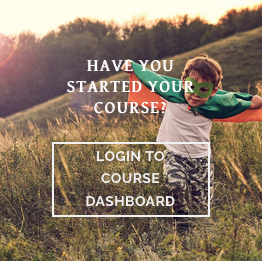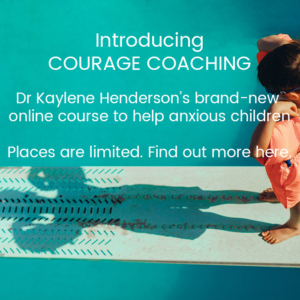Understanding Attachment
The clinical concept of attachment refers to the quality of the relationship between a child and their caregiver. (This is different from the style of parenting known as ‘attachment parenting’).
The importance of secure relationships in childhood:
The security of your relationship with children has a big impact on several long term developmental outcomes, including:
- brain development
- self-esteem
- resilience
- presence or absence of behavioural difficulties
- school readiness, learning and long-term academic outcomes
- quality of relationships with friends, family and eventually romantic partners
How does a child develop a secure attachment style?
When your child has a secure relationship with you, he is able to use you as a secure base from which to venture out, explore his environment and learn about the world and his place in it.
He is also able to return to you as his safe haven if he needs comfort, protection or help calming down when he’s feeling overwhelmed. There will also be times when your child will come to you just to reconnect and recharge.
Of course, there are differences in how far and how independently children will venture out and in how often they will return to you. These differences will depend on the age of the child, his temperament and even what sort of a day he’s having. The key to building a secure relationship with a child is supporting his individual need to venture out and explore (provided it’s safe to do so), as well as his need to return to you, as often as you can.
When a child feels like he has your support to both explore and to return, he becomes more secure, confident and independent. This is particularly useful to remember for those children who tend to cling nervously. It might be tempting to push them further than they’re comfortable and to discourage their closeness, but when children are not confident that we will welcome them back to us, they can become more reluctant to venture out.
One of the keys to raising confident, capable children is responding to their individual needs, rather than to our own.
*For simplicity, children are referred to using masculine pronouns (‘he’/‘his’) in this article, although the information equally applies to girls.
Dr Kaylene Henderson is passionate about sharing practical, research based advice to help you feel more calm and confident while raising kind, resilient and socially and emotionally healthy children.
And here for the corresponding course series for early childhood professionals, Raising Good Kids: Managing Behaviour and Emotions in Early Childhood Care and Education Settings.




